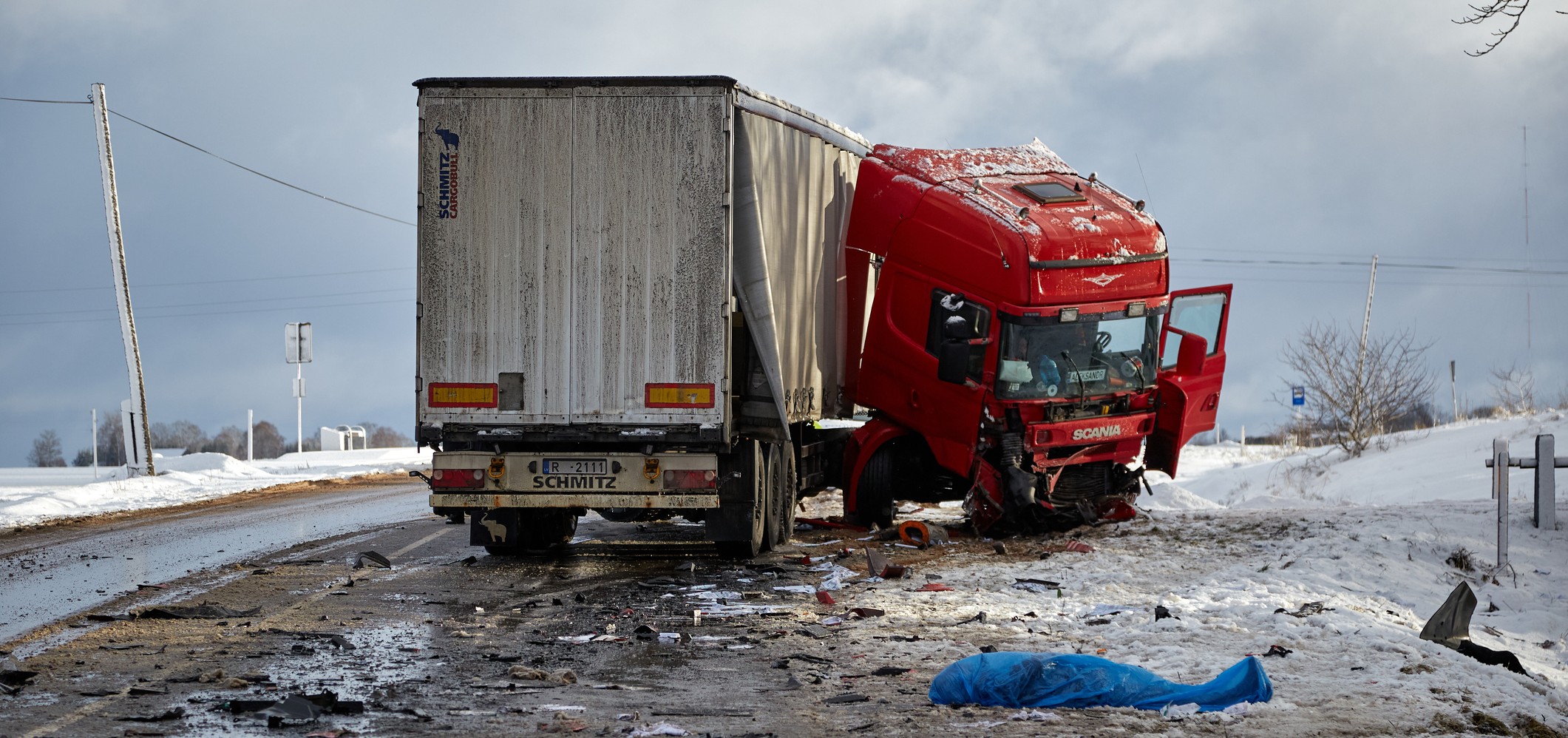Can You Be An At-Fault Driver During Bad Weather?
Most people know that at-fault accidents are caused when drivers are negligent or careless. They know negligence includes failing to follow traffic laws, making inappropriate decisions while driving, and generally being careless on the road. However, during bad weather, many people are overly cautious and are still involved in accidents.
Take this common situation, for example: you are on the road during bad weather, going the speed limit, and you hit an invisible patch of ice. Unfortunately, you lose control of your car and hit a parked car. That can’t be considered negligent, right? You followed traffic laws, you were going the correct speed. People aren’t gods. It’s not your fault you didn’t see the patch of ice. Unfortunately for many, the laws aren’t as lenient during bad weather as many believe to be true. It’s very important for people to be aware of the liability laws during bad weather, or they may have more trouble on their hands than a damaged vehicle. If you’ve been involved in an accident, contact an injury attorney right away.
Driver Responsibilities in Dangerous Weather
When drivers get on the road, they have a legal responsibility for “reasonable care” to avoid accidents. This means that drivers have a legal obligation to act with caution depending on the situation they experience on the road.
Even truck drivers who drive for a living must assess weather conditions before heading out. Truck accidents can cause catastrophic injuries.
If a driver is driving in a downpour, they should slow down to avoid hydroplaning. If a driver has low visibility, they should take caution, as well. The speed limit may not apply in situations where bad weather has impacted a driver’s ability to take reasonable care. Drivers also have a responsibility for choosing to drive on the road. In instances where there are bad weather reports, drivers may have a responsibility to stay off the road and may be held liable if they get into an accident.
How To Determine Liability in Bad Weather
Bad weather is the cause of 1.2 million crashes each year. So, how is liability determined in so many individual cases?
An attorney will determine:
- If the driver was driving at a reasonable speed for the weather conditions
- If the driver was following a safe distance between other vehicles on the road
- If the weather event was known and not a surprise occurrence
- If the driver could have taken action to avoid the event
In most instances of bad weather, the driver will be found liable. In order to avoid being caught in a storm and torrent of issues, follow strict, safe driving tips. Firstly, avoid driving during heavy rains unless absolutely necessary. Many crashes that occur during heavy rains are fatal or result in injuries. However, if you need to travel, always do the following:
- Avoid driving during the worst part of a storm
- If possible, only travel during daylight and avoid traveling alone
- Stay on main roads; do not take shortcuts
- Make sure your windshield wipers are working properly
- Leave plenty of room for stopping
- Remember that the posted speed conditions are for dry conditions; slow down if necessary
- Know the current road conditions
- Let your family and friends know your routes and expected travel times
- Brake early
- Drive with headlights on to see and be seen
When Bad Weather Means You Are NOT At-Fault
In rare instances, drivers can be found not at fault – these are called “Act of God” defenses. These are situations where the weather was found to be so unexpected or unusual it left the driver with absolutely no way to avoid the accident. For example, if a truck driver was on the road during an unpredicted flash flood, earthquake, or tornado and the driver experienced an accident.
“Act of God” defenses are so rare because the situation demands extreme weather with no control over the situation that caused the accident. For example, if someone was in a flash flood but there was a flash flood warning and they chose to drive anyway, an “Act of God” defense would be inadmissible. Or, if your car or truck was in an improperly maintained garage and a tornado came through and partially crushed the car, that would be inadmissible because the improperly maintained structure was at fault, not the weather occurrence.
What Happens If You Are At-Fault
If you’ve been in a bad weather accident and are worried that you’re the at-fault driver, contact our team immediately. We understand that this can be an incredibly stressful time, and it can seem like everything is stacked against you. By consulting an experienced lawyer from our firm, you’ll find that you don’t have to deal with the situation alone. We have a long history of experience with personal injury cases and know how to compile all the evidence in your case, investigate any pending claims, and get you the answers you need. Despite such a terrible situation, you can understand the legal options, get advice, and have the peace of mind that your lawyer will get you the best possible outcome.
Contact SouthShore Injury Attorneys at 813-797-5998 for a consultation about your case.

 Call Us Now
Call Us Now Email Us Now
Email Us Now
